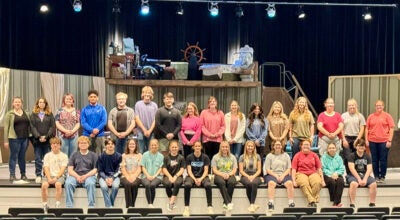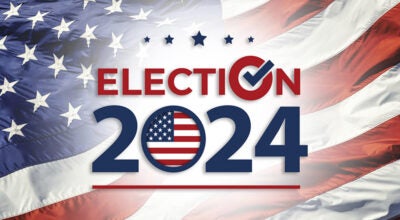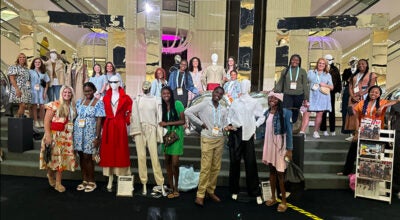Alabama senator says he helped FBI in bingo probe
Published 12:00 am Thursday, May 6, 2010
MONTGOMERY (AP) — An Alabama senator disclosed Wednesday that he has been cooperating for more than a year with an FBI investigation of possible corruption at the Legislature.
Republican Sen. Scott Beason of Gardendale revealed his role after testifying before a federal grand jury investigating possible vote buying surrounding a bill to authorize and tax electronic bingo. The bill died in the 2009 and 2010 sessions.
Beason said a lobbyist made an inappropriate comment to him at the Statehouse concerning issues surrounding a gambling bill, and he contacted the FBI the same day.
“I went to authorities in the spring of 2009 and I have been working with them ever since,” he said.
Beason would not identify the lobbyist or give any details of their conversation.
When asked if he had been wearing a wire during the investigation, Beason would not give a yes or no answer, but he said, “I have helped in the investigation any way I was asked.”
Beason said the FBI appeared to be looking at the Legislature before he contacted agents. He would make no predictions about what the grand jury might do, but another witness, Republican Rep. Barry Mask of Wetumpka, predicted the panel will issue indictments.
Masked choked up and wiped away tears as he told reporters that he had talked to investigators earlier on about “shenanigans going on” at the Legislature.
He would not elaborate because he said it might jeopardize the investigation of the Legislature and lobbyists who try to influence lawmakers.
“The state deserves a lot better than what has gone on in this body the last four months,” Mask said.
The grand jury convened Tuesday to look into the handling of a bill pushed by electronic bingo casinos that would stop the governor’s gambling task force from closing casinos and allow them to keep operating thousands of the machines under new regulations and taxes.
In the 2010 session, the bill was approved by the Senate and by the House Tourism and Travel Committee, but died in the House last month. Mask serves on the House committee, but did not attend the day it voted. He said he skipped it because he was troubled by the measure and the committee has become a rubber stamp for pro-gambling bills.
“If it’s this corrupt before we have it, just think what it would be after,” he said.
Sen. Paul Sanford, R-Huntsville, said he told the grand jury about allegations he went public with during the legislative session.
Sanford, who voted against the bill, said he recounted how a gambling lobbyist approached him during a special legislative election last year. He said the lobbyist Jarrod Massey, told him that he had two clients in the gambling industry who could each donate $125,000 to his campaign, but they wanted to know where he stood on the electronic bingo bill.
Sanford said he never asked who the clients were because he didn’t plan to vote for the bill, but he later found out that Massey represented the Country Crossing casino in Dothan.
Attorneys for Massey and a spokesman for Country Crossing have said repeatedly that nothing improper happened.
Several Democratic legislators who supported the bill and were subpoenaed by the grand jury said the panel was interested in possible corruption, but they had no concerns to report Wednesday.
“They are just trying to get everybody who voted and trying to find out if anybody offered them any money,” Democratic Sen. Priscilla Dunn of Bessemer said.
Republican Rep. Mac Gipson of Prattville, who voted against the bill in the House Tourism and Travel Committee in April, said he told the grand jury that he did not recall anything improper.
Gipson said the grand jury asked him about lobbyists who supported the bill, including Joe Fine, Bob Geddie and Massey, and about lobbyists who opposed it, including the two Southern Baptist ministers who lead the Alabama Citizen Action Program, Joe Godfrey and Dan Ireland.
Gipson said the grand jury also asked about lobbyist Claire Austin, who helps Massey, the lobbyist for the Country Crossing, and “helps me raise money for my campaign.”
Gipson said the grand jury wanted to know whether any campaign contributions he received from political action committees included money from gambling interests. He said there is no way to know because money from many donors is mingled in a PAC before the PAC gives to a campaign.




